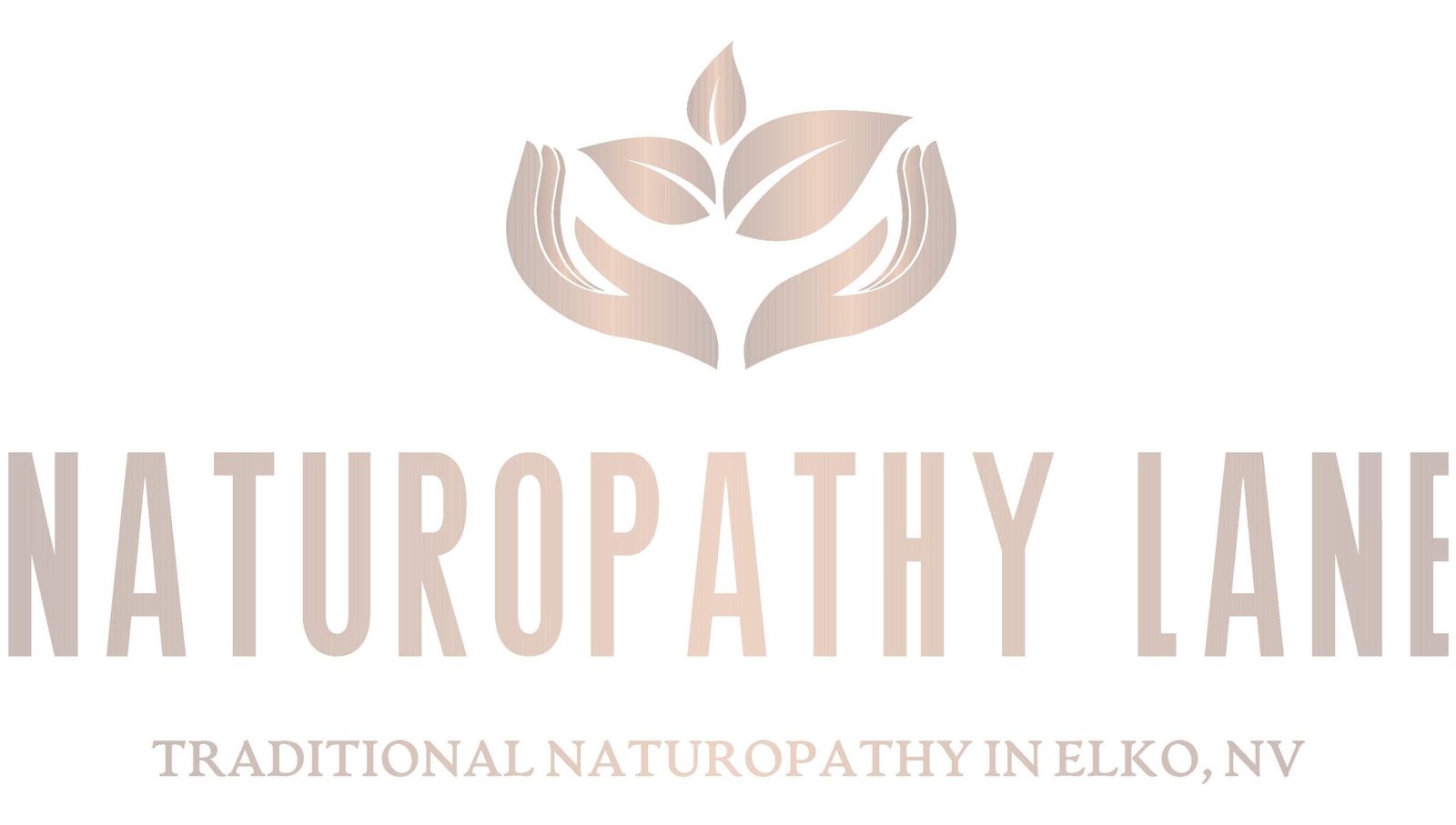Shiitake mushrooms (Lentinula edodes) have been a staple in traditional East Asian cuisine and medicine for centuries. Native to East Asia, these fungi are now cultivated worldwide due to their rich flavor and numerous health benefits. This comprehensive guide will delve into the active constituents found in Shiitake mushrooms, their mechanisms of action, and the uses of this powerful natural remedy in various aspects of natural medicine.
Shiitake mushrooms contain several bioactive compounds that contribute to their therapeutic properties. These include polysaccharides such as lentinan, eritadenine, and lignans like lectin and coumaric acid. Let us explore these components and their roles in Shiitake’s healing potential.
Polysaccharides: Polysaccharides are complex carbohydrates that play a vital role in the immune system response. In Shiitake, the primary polysaccharides are lentinan, eritadenine, and beta-glucans. These compounds help stimulate the production of white blood cells, fighting off infections and promoting rapid healing of tissues.
Lignans: Lignans are phenolic compounds that have been shown to exhibit antioxidant, anti-inflammatory, and anticancer properties. In Shiitake, the primary lignans are lectin and coumaric acid. These compounds help neutralize free radicals, reduce inflammation, and inhibit the growth of cancer cells.
Now that we understand the active constituents found in Shiitake let us explore the various health benefits this versatile mushroom offers:
1. Immune System Support: Shiitake’s polysaccharides help stimulate the immune system, fighting off infections and promoting rapid healing of tissues. This makes it an ideal natural medicine for boosting overall immunity and preventing illnesses such as colds and flu.
2. Cardiovascular Health: Studies have shown that Shiitake mushrooms contain compounds that help lower cholesterol levels, reduce blood pressure, and improve circulation. By consuming Shiitake regularly, you can help protect your heart and cardiovascular system from disease.
3. Cancer Prevention and Treatment: Shiitake’s lignans exhibit anticancer properties, helping to inhibit the growth of cancer cells and prevent the spread of existing tumors. In addition, Shiitake has been shown to have immunomodulatory effects that can help enhance the body’s ability to fight off cancer.
4. Liver Health: Shiitake mushrooms have been shown to improve liver function by reducing inflammation and promoting detoxification. By consuming Shiitake regularly, you can help protect your liver from damage caused by toxins and support its natural detoxification processes.
5. Antioxidant Properties: Shiitake mushrooms are rich in antioxidants, which help neutralize free radicals in the body. By consuming Shiitake regularly, you can help protect your cells from damage caused by oxidative stress and support overall health and wellness.
6. Anti-inflammatory Properties: Shiitake’s lignans exhibit anti-inflammatory properties, helping to reduce inflammation in the body. By consuming Shiitake regularly, you can help alleviate symptoms of various chronic inflammatory conditions, such as arthritis and autoimmune disorders.
Shiitake mushrooms are available fresh, dried, or in supplement form. When consuming Shiitake, it’s important to remember that high doses may cause gastrointestinal upset, so always consult a healthcare professional before starting any new herbal remedy regimen.
In conclusion, Shiitake mushrooms are an incredibly versatile and powerful natural medicine with numerous health benefits for our bodies. From supporting immune system function to treating inflammatory conditions and promoting cardiovascular and liver health, the active constituents found in Shiitake offer a myriad of therapeutic potential. By incorporating this delicious fungi into your daily routine, you can harness its healing power and enjoy improved health and wellness. So why wait? Embrace the benefits of Shiitake mushrooms today!
